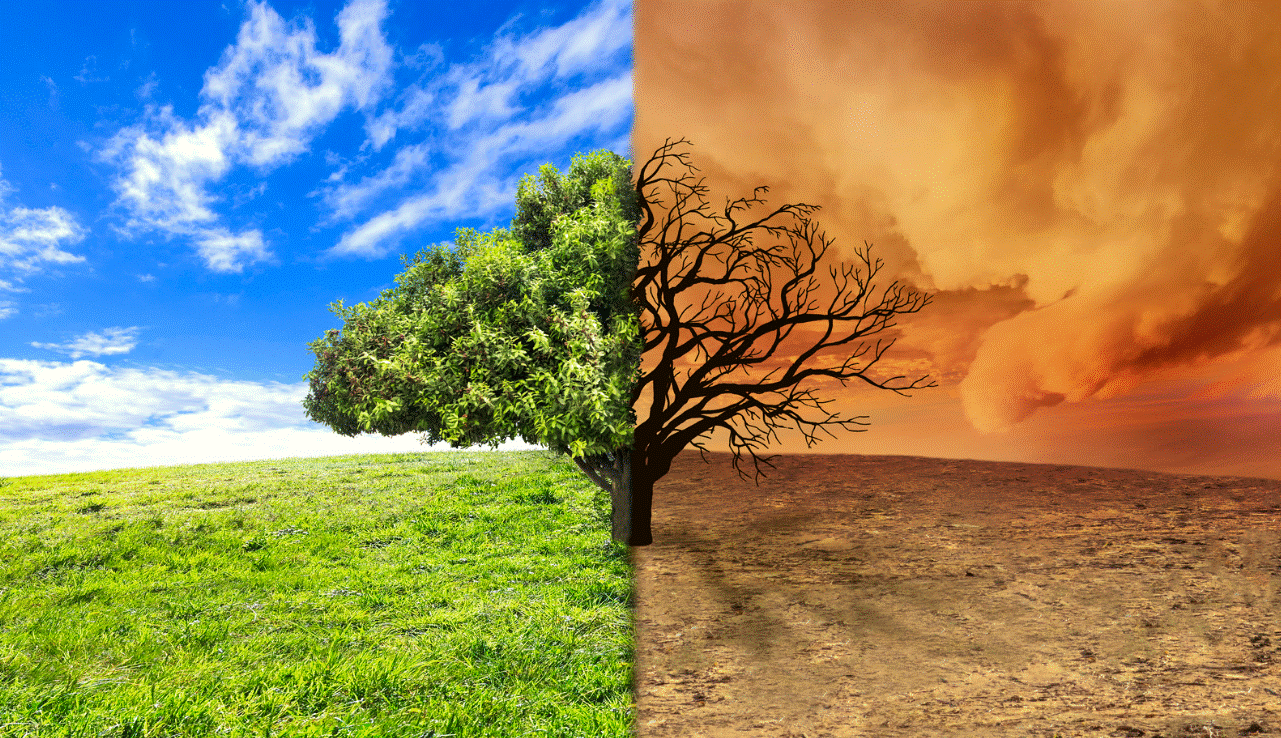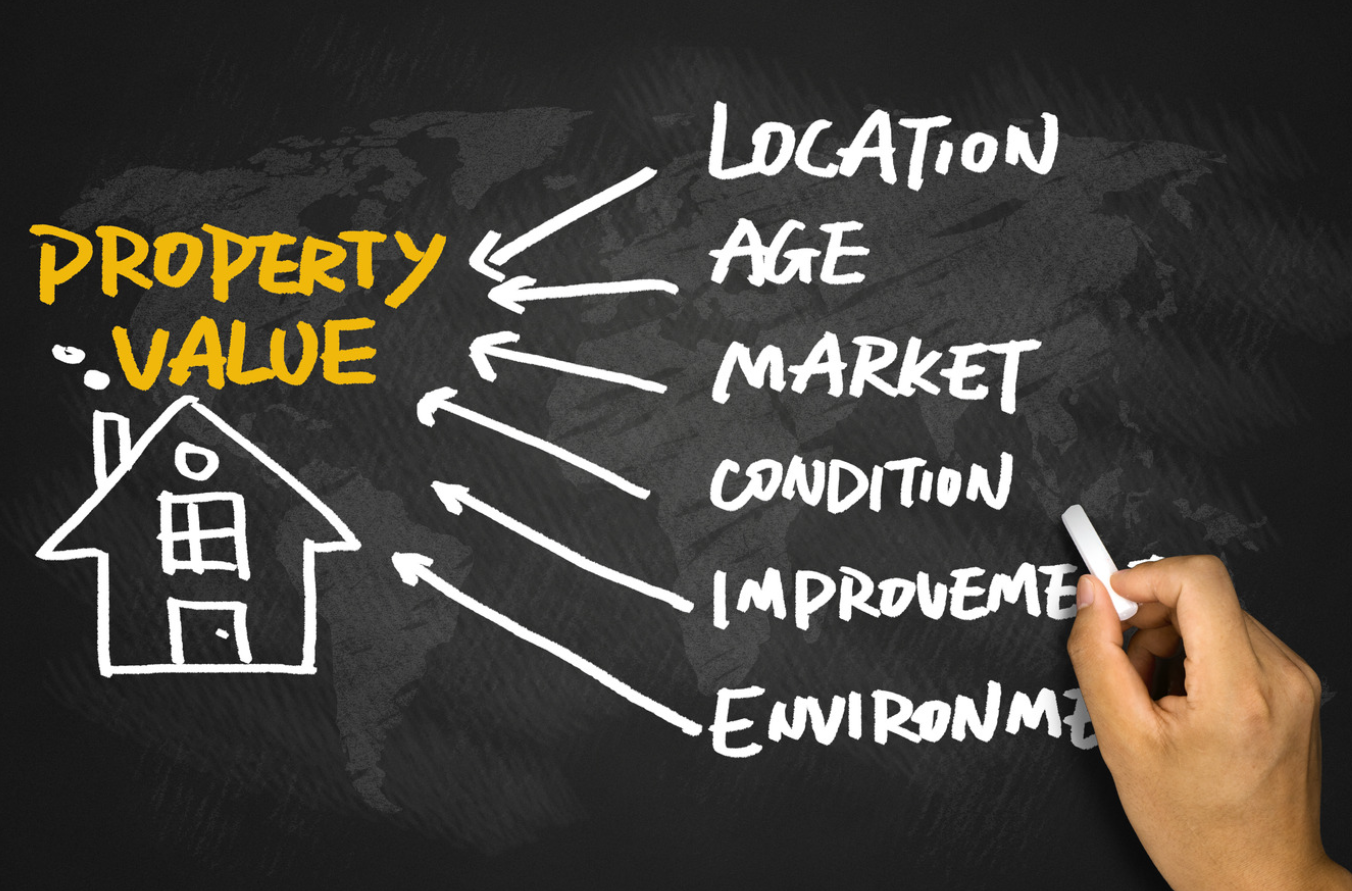Buying a home has always been a rigorous process fraught with numerous considerations — price, mortgage rates, location and amenities, just to name a few. Amid growing concerns about the frequency of floods, fires and other natural disasters, potential homeowners must add climate hazards to their home-buying checklist.
How Climate Change Affects Real Estate
The effects of long-lasting changes in the Earth's weather patterns have worsened in recent years. Scientists predict the late 21st century will witness more Category 4 and 5 hurricanes as a direct consequence of global warming.
These intense storms considerably increase the risk of flooding in coastal areas, which means you’ll likely pay higher insurance premiums if you move to a place on the coast. The average homeowner's policy with hazard coverage costs more than $1,500 in 2023.
Extreme heat waves are also becoming more common, exacerbating the risk of wildfires. The average frequency of heat waves has increased from two to six annually since 2010. Periods of extremely hot weather can increase your ownership costs through higher cooling costs and increased water demand to keep lawns and landscaping alive.
Further, frequent natural disasters delay builds in areas that need more residential communities through disrupted supply shipments, material scarcity and labor impacts.
Climate Risk Considerations as a Homebuyer
Location remains the primary factor when buying a home, even with climate risks included in the list of considerations. Before purchasing a home, check the prevalence and intensity of natural disasters in the area. Hurricanes, in particular, can be devastating, causing $34 billion in direct household losses yearly.
If you’re looking to live in the coastal region, consider how rising sea levels could impact your long-term living conditions. Miami, Virginia Beach and New Orleans lead the list of cities that could be underwater by 2100, with frequent flooding happening years before then.
Ask about the sewage systems in the area. Continual heavy downpours can inundate drainage systems, increasing the risk of sewer flooding. The potential health risks alone should give you pause.
Are there tall trees near the house? Taller trees are more susceptible to windthrow — when heavy winds uproot and fling a tree. With windthrow, there’s no telling where the wind will take the tree, but homes in its path will likely bear the full brunt of the force.
Consider future preventative maintenance costs, too. For example, you might need to purchase storm shutters if a home is in an area with regular tropical storms. If the area is prone to wildfires, you might want to get rooftop sprinklers and gutter guards to mitigate fire damage.
Features to Look for in a Climate-Resilient Home
Most of the time, buying a house requires compromise. So, if you’re set on the location but still feel concerned about possible climate risks, you could always compromise by narrowing your search to homes with climate-resilient features. These include:
● Solar panels: Inclement weather and rapid wildfires can disrupt power supply. Solar panels and a battery system help prepare the property for prolonged outages.
● Fire-resistant insulation: Certain materials like mineral wool and fiberglass offer better protection against extreme heat.
● Energy-efficient appliances: An efficient HVAC system means the house can better withstand extreme temperatures, keeping you and your family comfortable without excessive energy bills.
● Laminated window glass: This sturdy glass can help prevent shattering during natural disasters. The clear plastic between the two panes holds the window pieces together even when the glass breaks.
● Freshwater access: In an emergency, it’s difficult to gauge how long people may be without drinking water, especially in areas prone to floods and droughts. Having an atmospheric water generator system in the house can help ensure you have clean water until help arrives.
Buying a Home Amidst Rising Climate Change
The effects of climate change are impacting everything from insurance premiums to how people maintain their homes. Conduct extra due diligence on potential climate risks to protect your investment when buying a house.





